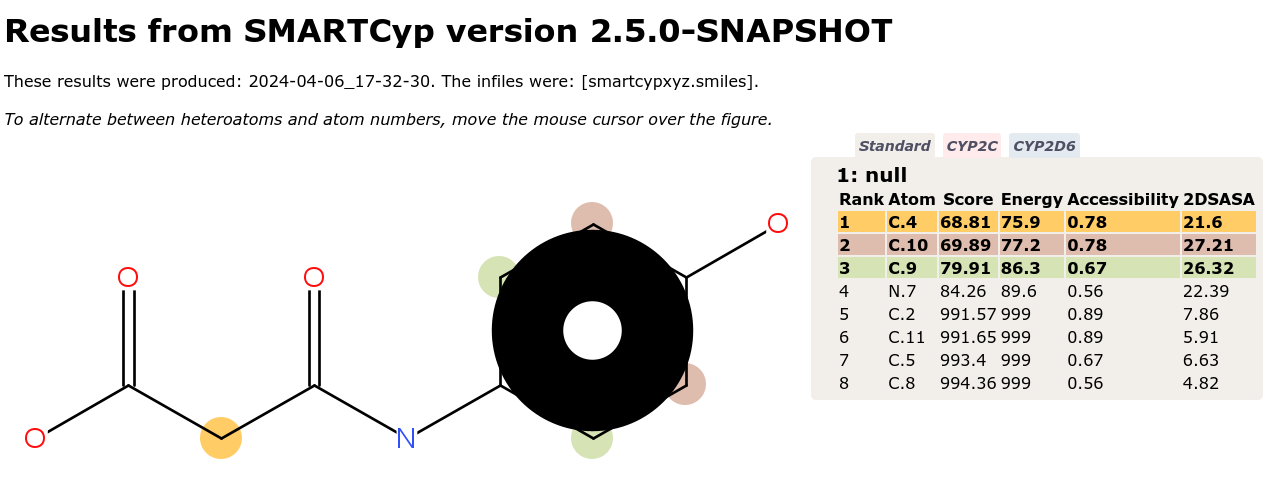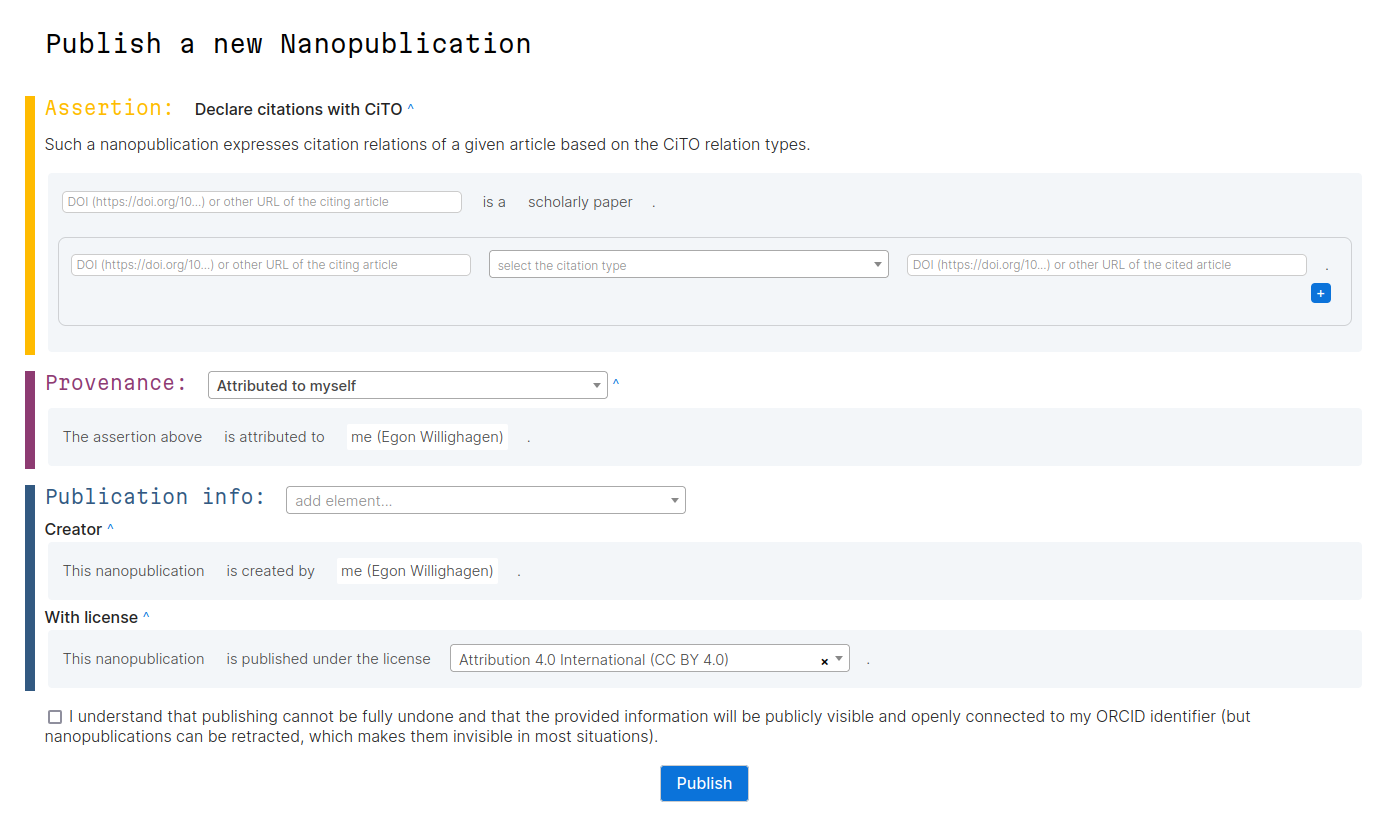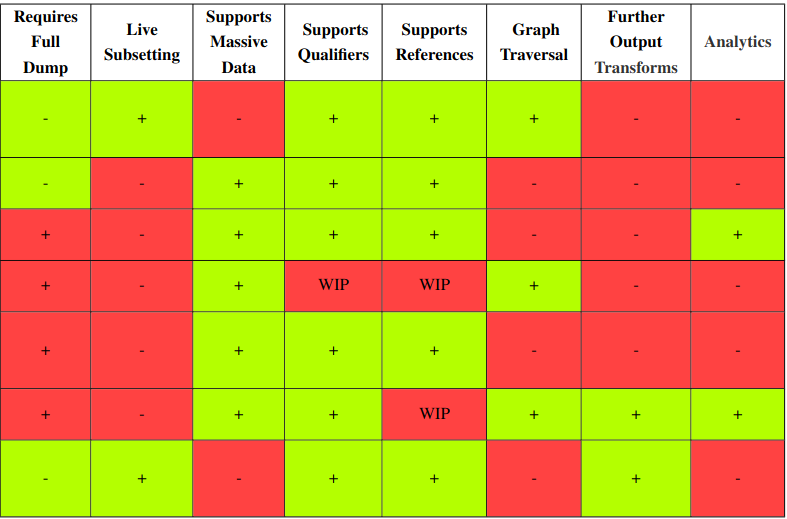I was about to call this blog post From spreadsheets to RDF , after the post last week. But then I decided to just use the pattern I typically use. Why I wanted to use that shorter term in the first place was that one of the thing I like about the AMBIT software (of OpenTox and eNanoMapper fame) is its RDF support (see doi:10.1186/1756-0500-4-487). But RDF, ontologies, those are hard things.
chem-bla-ics

Making something FAIR is hard, particularly when you do more than making something findable. We’ve seen before that making something usefully findable requires deep indexing, and already that continues to be difficult, because we are not seeing it enough. So, when I thought convert a paper led by Hoet’s lab in Leuven into machine-actionable RDF to make it FAIR, I gravely underestimated the amount of work.
Publishing grant proposal is still not very common. The proposal published in Research Ideas and Outcomes) (doi:10.3897/rio.10.e124884) for the NWO Open Science grant for the CDK is, however, not the first and hopefully not the last. Interestingly, it is already cited in (the German) Wikipedia. It is used there to support a statement which tools use the Chemistry Development Kit.

We recently got awarded our second NWO Open Science grant (OSF23.2.097), this time for the Chemistry Development Kit (CDK). “We” here is me and Alyanne de Haan, René van der Ploeg, and Marc Teunis from Hogeschool Utrecht. The proposal has been submitted for public dissemination in RIO Journal, like we did with the first NWO Open Science grant.

During the Open Science Retreat I organized a short session where we looking into typing citation intentions using a new nanopublication template. First, let’s describe nanopublications (originally used in doi:10.3233/ISU-2010-0613) a bit. Scholia gives a nice overview of (macro?)publications on the topic.
Last week I attended the Open Science Retreat (#osr24nl) in a quite and relaxing region in North-Holland. The meeting was how I like all meetings to be (and I count myself lucky many of my meetings are like this): open, welcoming, constructive, diverse, and intellectually challenging. Not all scientific meetings are like this and it is easy to end up going to obligatory meetings where the discussions are of a different level.
My research is about the interaction of (machine) representation and the impact on the success of data analysis (matchine learning, chemometrics, AI, etc). See the posts about molecular chemometrics. This got me into FAIR: making data interoperable and being able to (really) reuse data is the starting point of doing research.

Just before the end of the year, the Wikidata subsetting: approaches, tools, and evaluation paper by Seyed Amir Hosseini Beghaeiraveri et al. got published (doi:10.3233/SW-233491). I am really excited our group (i.e. Ammar and Denise) has been able to contribute to this. I think it also is a great example of the power of hackathons to bring together people.
2023 has been a long year in which a lot happens. Two EU projects ended (RiskGONE and NanoSolveIT; more about that in a later post), our group leader Chris Evelo will retire this year, the ELIXIR Toxicology Community started (see this post), the new WikiPathways website launched (see this post), and a lot, lot more.

This week the next WikiPathways NAR Database issue paper was published (doi:10.1093/nar/gkad960). It is the next paper in a series of papers about the evolution of the Open Science project for making biological pathways available in a Open and FAIR way. This year, it described that significant move away from MediaWiki.